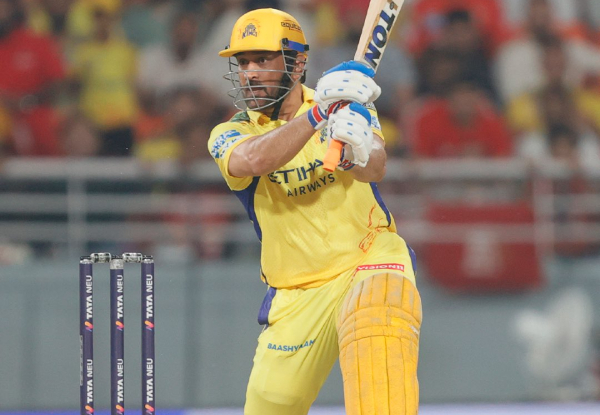“Football is nothing without fans” - Dileep Premachandran's Blog
Dileep Premachandran: They celebrated goals with elbow bumps — who knew there was such a thing? — and instead of the usual hugs and pile-ups near the corner flag, there was the awkwardness of couples on a first date. This was elite football as we’d never seen it before, and it made you wonder what the greatest would have made of it all. After all, it was Jock Stein — who won the European Cup for Celtic with 11 players all born in and around Glasgow — that said: “Football is nothing without fans.”
It was the echoes that got to me first. With the vast stands at Signal Iduna Park in Dortmund empty, every shout of “Open”, “Man on” or “Pass” — in German, of course — was amplified a dozen times over. Each time the referee whistled, it was like a banshee wail. And when a goal was scored, you waited for the explosion of noise and joy that never came.
What made it all the weirder was that this was THE match. For all of Bayern Munich’s success on the field over the past half-century, Dortmund against Schalke is Germany’s answer to Argentina’s Superclásico (River Plate v Boca Juniors), Spain’s El Clásico (Barcelona against Real Madrid), and the Celtic-Rangers Old Firm rivalry in Glasgow.
There are also parallels with the bitterness between Liverpool and Manchester United — two cities separated by just 30 miles in an old industrial heartland. There is nearly a century of tradition behind the matches, and the mind boggled to think of how The Yellow Wall — the South Bank that accommodates over 24,000 fans — would have heaved as Dortmund strolled to a 4–0 victory.
Even if you’re a neutral, these are the sort of games that make your pulse gallop. Today though, there was nothing. It was hard work to convince yourself that it wasn’t some training session you were watching. Dortmund scored four beautiful goals, the pick of them a delicious off-balance chip from Raphaël Guerreiro, but without the acclaim cascading down from the stands, it all felt rather empty.
Other aspects of the game were straight out of science fiction. To maintain social distancing, players arrived in multiple coaches. While making their way out on to the pitch, they wore masks. The substitutes — five were allowed instead of the usual three — kept them on most of the time, as did the majority of the coaching staff, all of whom maintained a distance from each other as well. The ballboys had the additional duty of sanitizing the footballs.
But the most poignant sight in this dystopian drama came at the end, when the Dortmund players went over to the Yellow Wall and applauded the empty grey seats. They couldn’t hold hands as they once would have and run towards it, but they did approach it in a line with arms raised in appreciation.
But without that excited mass of humanity, what is the Yellow Wall? Just slabs of concrete dotted with plastic. So much has been said about the Kop at Liverpool. But the Kop isn’t the stand. It’s the people that take their places there every match day. It’s the communion between players and fans. That is football’s soul.
There must be Dortmund, and Schalke, fans who haven’t missed a single episode of this rivalry for half a century or more. After May 16, 2020, they can go and get a new tattoo, one that few could have imagined even a few months ago.
It says: “I wasn’t there.”



23.jpg)
22.jpg)
